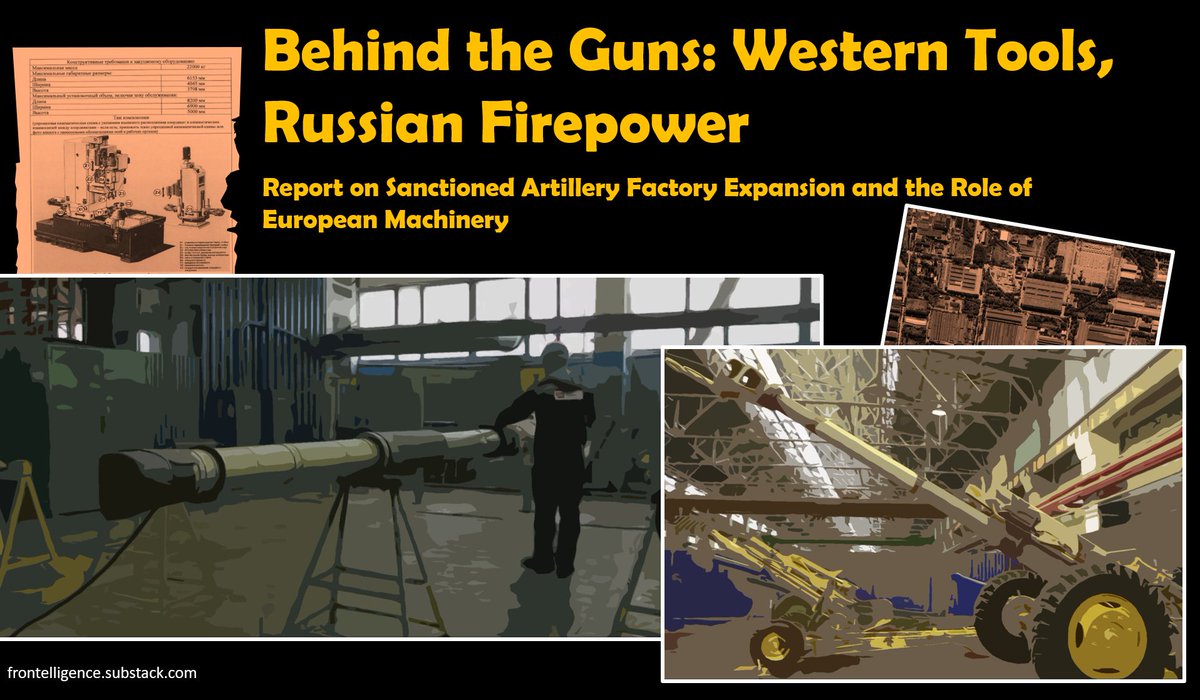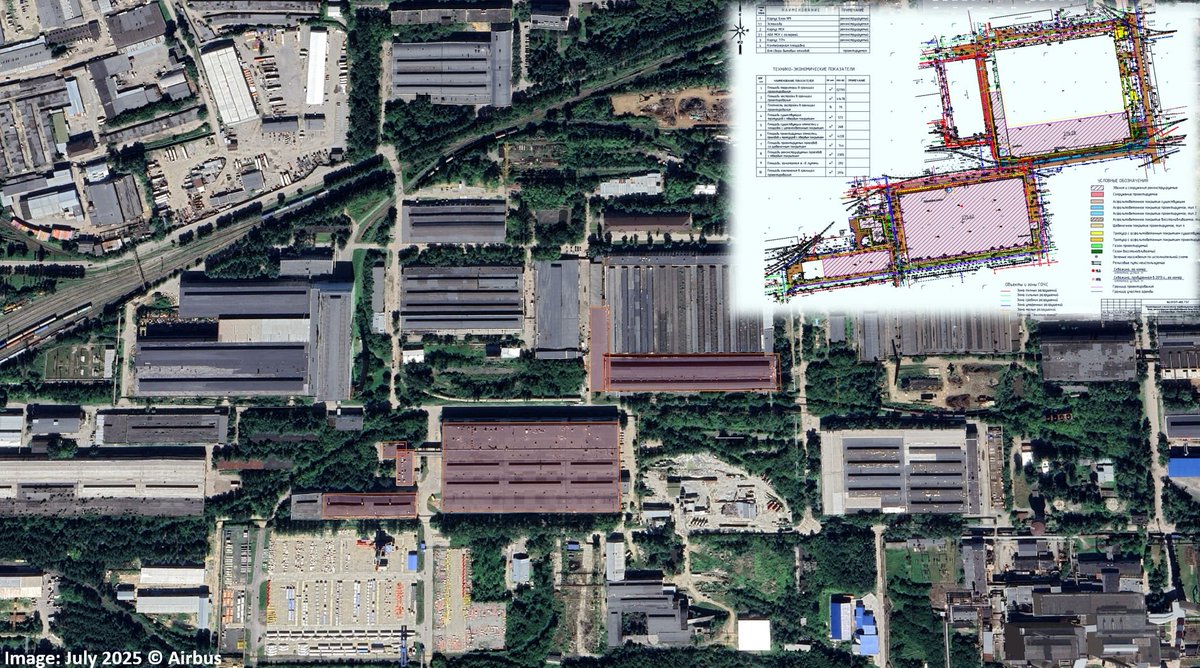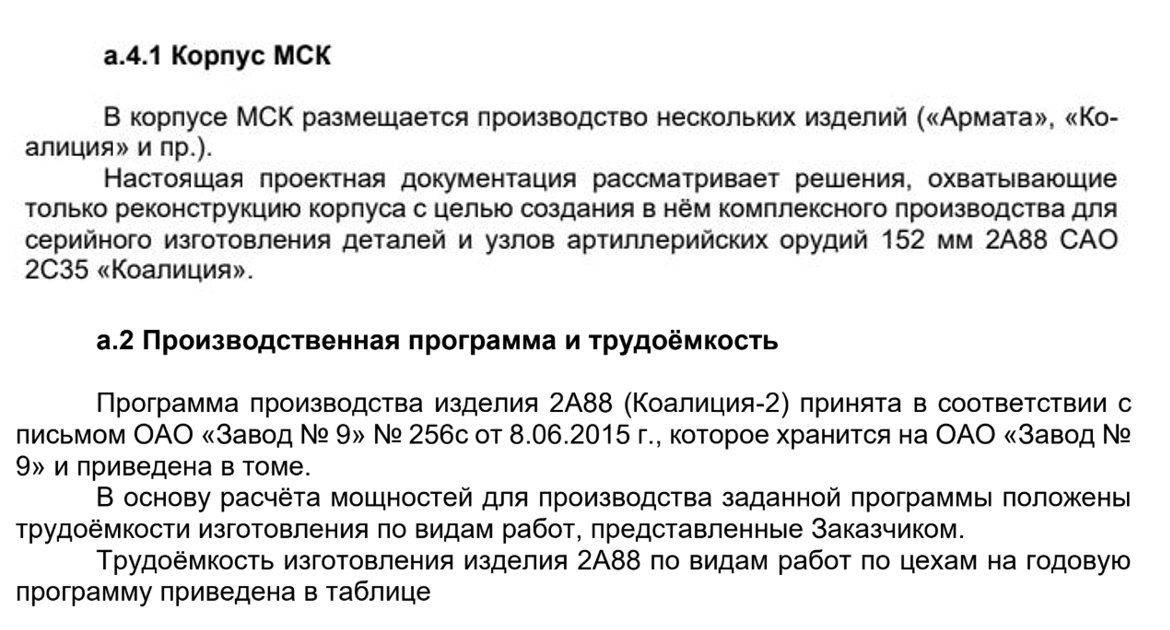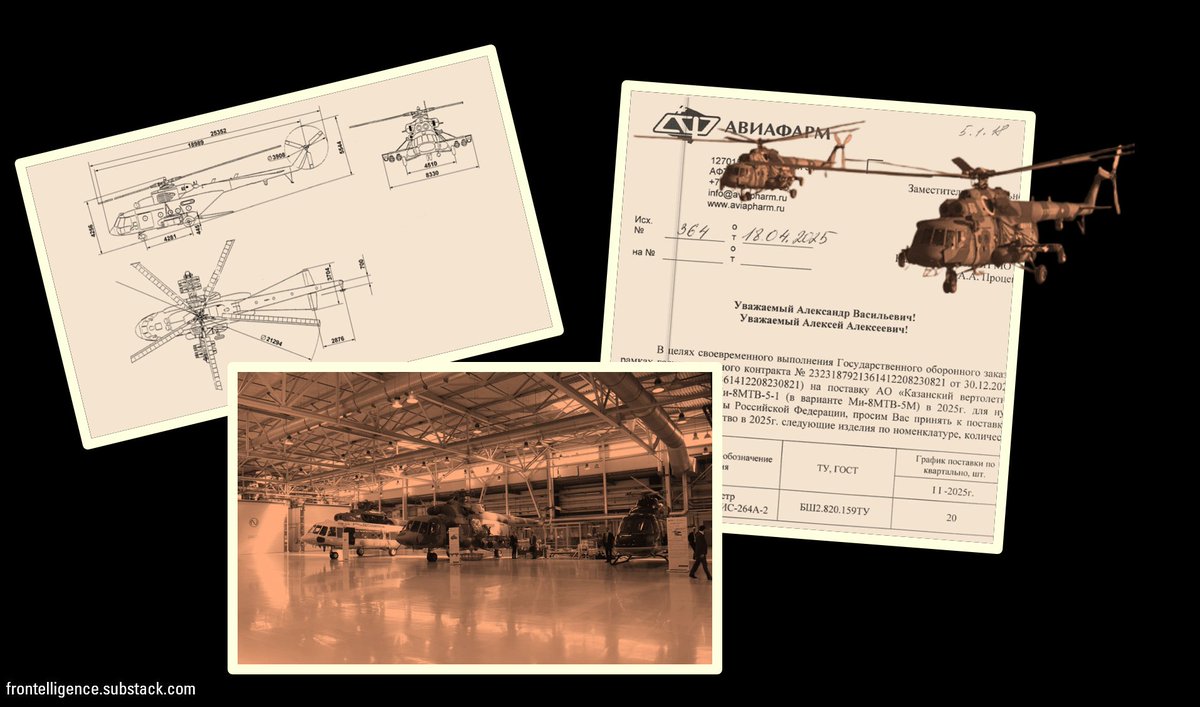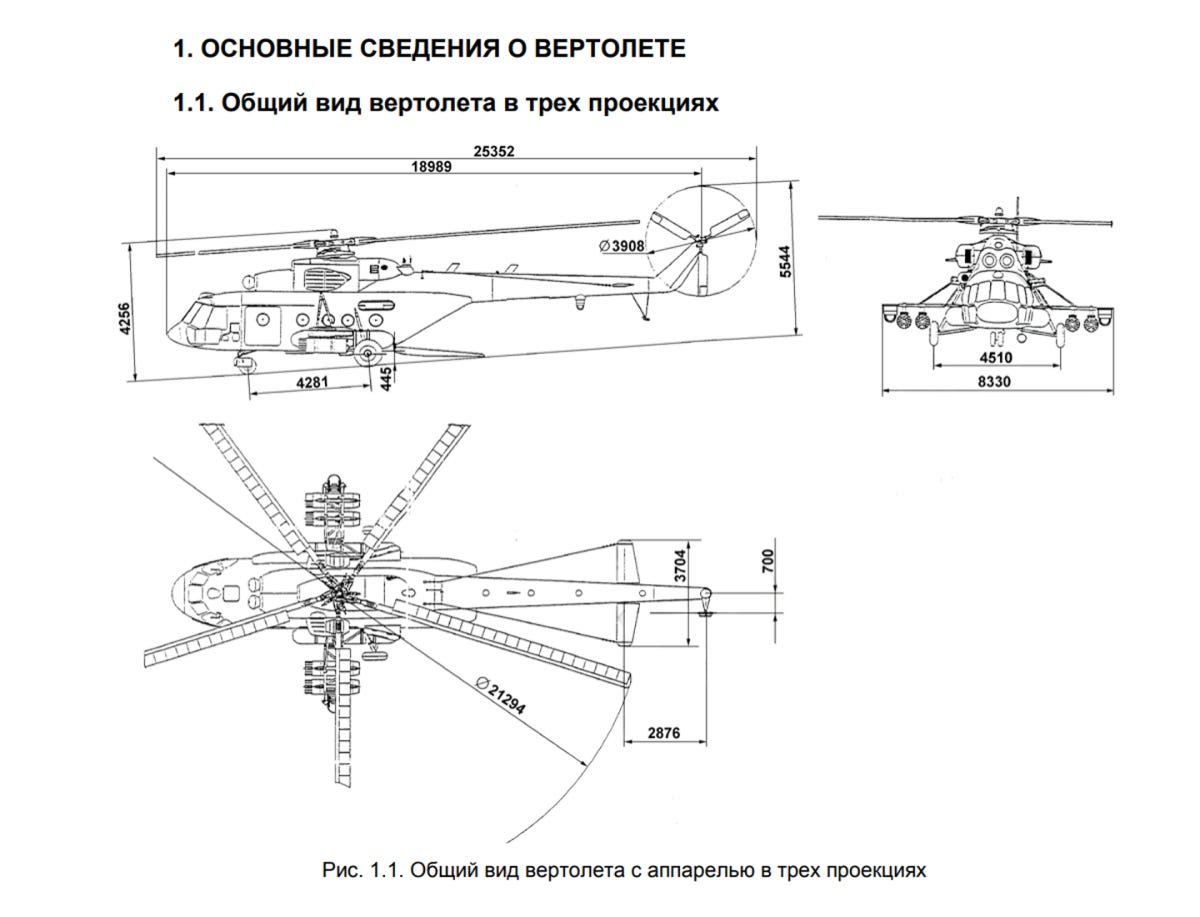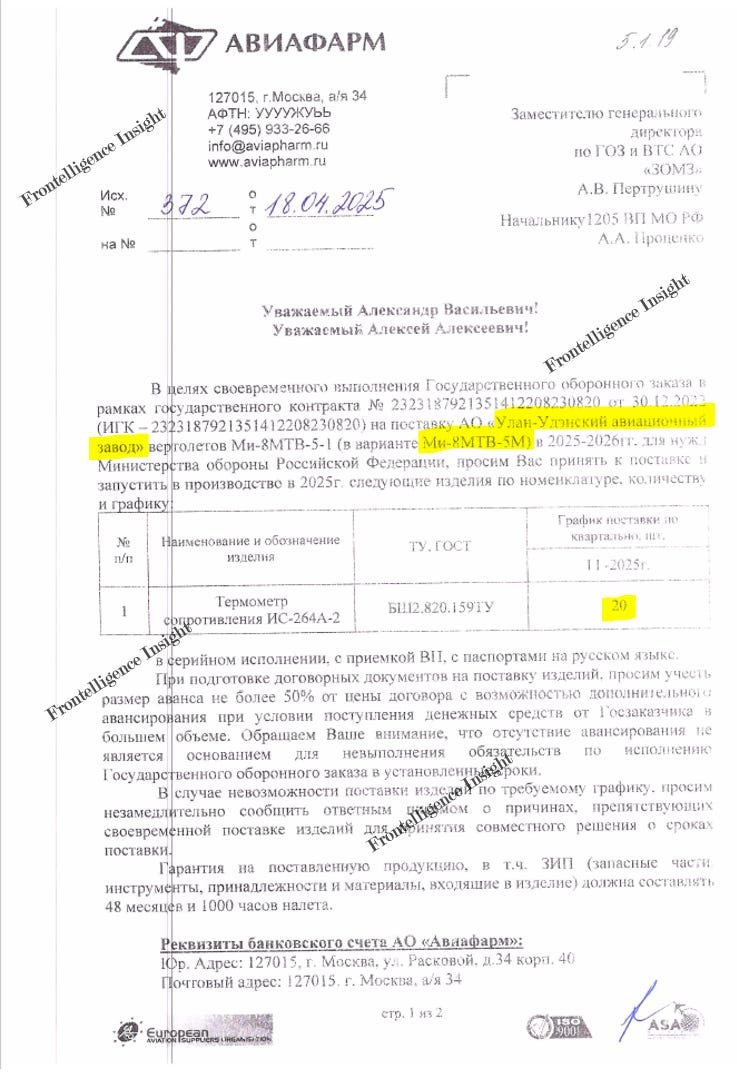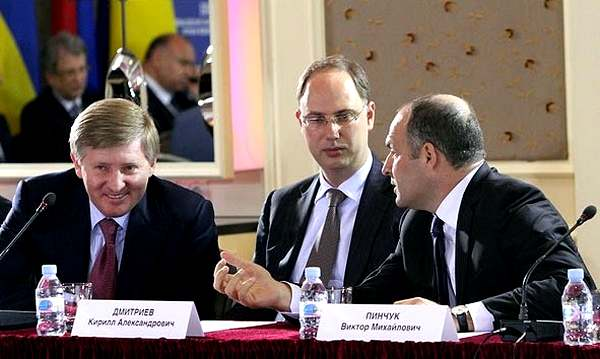🧵As numerous experts argue whether the era of tanks has ended, tanks continue to play a crucial role in the Russian invasion of Ukraine. The dismissal of tank relevance leads to flawed conclusions that Ukraine doesn’t need tanks, which only worsens the situation. 

I want to emphasize that these concepts might be irrelevant in other wars or doctrines, such as the US doctrine, which is centered around air supremacy, but the current focus is Ukraine. My analysis is based on the experience of troops on the receiving end, as well as tank crews.
Poor combined arms readiness of the Russian army, cooperation and communication issues, unsatisfactory logistics, inadequate training, and incorrect strategic and tactical use of tanks led to an opinion that tanks are no longer needed 

While it’s true that at the beginning of the invasion Russia tried to use swift tank blitzkrieg and moved tank units into cities under impression that there would be little to no resistance, the situation dramatically changed since then. 

The enemy has been learning from us and copied the UAV+MBT combination. The problem is that they have much more tanks, and they adapted to minimize exposure to modern AT weapons. Let’s take a closer look:
- Russia uses small quadcopters to perform reconnaissance: find and identify targets or anti-tank threats. Due to the relatively small cost of small copters, many tank units got commercial drones from volunteers and donations 

- Instead of engaging in direct fire, the tank takes a covert position, avoiding the direct fire from anti-tank weaponry and staying outside of AT range or vision. This was ineffective in the past but changed completely with fire-adjustment drones. 

- Some observers might question the accuracy of such a fire; however, experience tells us that with fire adjustment from the drone, tanks can accurately hit targets even 4-6 km away. Example of a methodical use: 

- A tank remains an effective tool in urban warfare. When enemy infantry faced fortified positions in Mariupol multistoried buildings, covered by infantry fire, the enemy used tanks to demolish the building floor by floor 

- Mines remain a major problem for tanks, but Russians use mine-clearing line charges, mine flails, artillery barrage, or a combination of both. Some German mines are quite resistant to that, but they are scarce. 

Artillery strikes have limited effect on a tank unless hit it directly. Many people have seen videos where Ukrainian artillery precisely hits tanks, but they don’t see hundreds of unsuccessful or missed hits (survivorship bias) 

- It’s great if you have precision-guided munitions, but with the frontline that stretches thousands of kilometers and involves thousands of tanks, the limited number of such munitions plays against you.
I agree that some tank doctrines are obsolete, but not a tank itself. It remains a “Swiss-army-knife” solution for many situations due to its adaptability. Any slightly modernized tank from the 80-90s can expand Ukraine’s both defensive and offensive capabilities. 

It’s understandable why the general public is amused by the presence of the Russian T-62, nevertheless, its 115mm gun continues to cause destruction and kill people. AT ammo supplies are depleting, but old Russian tanks are still coming. 

I think it’s time for the West to work on providing Ukraine🇺🇦 with even more guided munitions, AT means, as well as even older tanks, crew training, and logistics support, as tanks are still a major force in this war.
• • •
Missing some Tweet in this thread? You can try to
force a refresh


